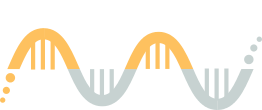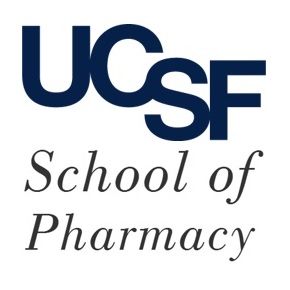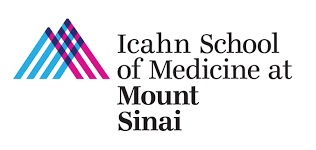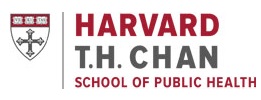Submitted by ja607 on
| Title | Exome sequencing reveals a high prevalence of BRCA1 and BRCA2 founder variants in a diverse population-based biobank. |
| Publication Type | Journal Article |
| Year of Publication | 2019 |
| Authors | Abul-Husn, NS, Soper, ER, Odgis, JA, Cullina, S, Bobo, D, Moscati, A, Rodriguez, JE, Loos, RJF, Cho, JH, Belbin, GM, Suckiel, SA, Kenny, EE |
| Corporate Authors | CBIPM Genomics Team, Regeneron Genetics Center |
| Journal | Genome Med |
| Volume | 12 |
| Issue | 1 |
| Pagination | 2 |
| Date Published | 2019 Dec 31 |
| ISSN | 1756-994X |
| Abstract | BACKGROUND: Pathogenic variants in BRCA1 and BRCA2 (BRCA1/2) lead to increased risk of breast, ovarian, and other cancers, but most variant-positive individuals in the general population are unaware of their risk, and little is known about prevalence in non-European populations. We investigated BRCA1/2 prevalence and impact in the electronic health record (EHR)-linked BioMe Biobank in New York City. METHODS: Exome sequence data from 30,223 adult BioMe participants were evaluated for pathogenic variants in BRCA1/2. Prevalence estimates were made in population groups defined by genetic ancestry and self-report. EHR data were used to evaluate clinical characteristics of variant-positive individuals. RESULTS: There were 218 (0.7%) individuals harboring expected pathogenic variants, resulting in an overall prevalence of 1 in 139. The highest prevalence was in individuals with Ashkenazi Jewish (AJ; 1 in 49), Filipino and other Southeast Asian (1 in 81), and non-AJ European (1 in 103) ancestry. Among 218 variant-positive individuals, 112 (51.4%) harbored known founder variants: 80 had AJ founder variants (BRCA1 c.5266dupC and c.68_69delAG, and BRCA2 c.5946delT), 8 had a Puerto Rican founder variant (BRCA2 c.3922G>T), and 24 had one of 19 other founder variants. Non-European populations were more likely to harbor BRCA1/2 variants that were not classified in ClinVar or that had uncertain or conflicting evidence for pathogenicity (uncertain/conflicting). Within mixed ancestry populations, such as Hispanic/Latinos with genetic ancestry from Africa, Europe, and the Americas, there was a strong correlation between the proportion of African genetic ancestry and the likelihood of harboring an uncertain/conflicting variant. Approximately 28% of variant-positive individuals had a personal history, and 45% had a personal or family history of BRCA1/2-associated cancers. Approximately 27% of variant-positive individuals had prior clinical genetic testing for BRCA1/2. However, individuals with AJ founder variants were twice as likely to have had a clinical test (39%) than those with other pathogenic variants (20%). CONCLUSIONS: These findings deepen our knowledge about BRCA1/2 variants and associated cancer risk in diverse populations, indicate a gap in knowledge about potential cancer-related variants in non-European populations, and suggest that genomic screening in diverse patient populations may be an effective tool to identify at-risk individuals. |
| DOI | 10.1186/s13073-019-0691-1 |
| Alternate Journal | Genome Med |
| PubMed ID | 31892343 |
| PubMed Central ID | PMC6938627 |
| Grant List | R01 HG010297 / HG / NHGRI NIH HHS / United States U01 HG009080 / HG / NHGRI NIH HHS / United States UM1 HG0089001 / HG / NHGRI NIH HHS / United States U01 HG007417 / HG / NHGRI NIH HHS / United States U01 HG009610 / HG / NHGRI NIH HHS / United States U01 HG009610 / HG / NHGRI NIH HHS / United States U01 HG009610 / HG / NHGRI NIH HHS / United States U01 HG009610 / HG / NHGRI NIH HHS / United States U01 HG009610 / HG / NHGRI NIH HHS / United States U01 HG009610 / HG / NHGRI NIH HHS / United States R01 HL104608 / HL / NHLBI NIH HHS / United States X01 HL1345 / HL / NHLBI NIH HHS / United States R01 DK110113 / DK / NIDDK NIH HHS / United States |





